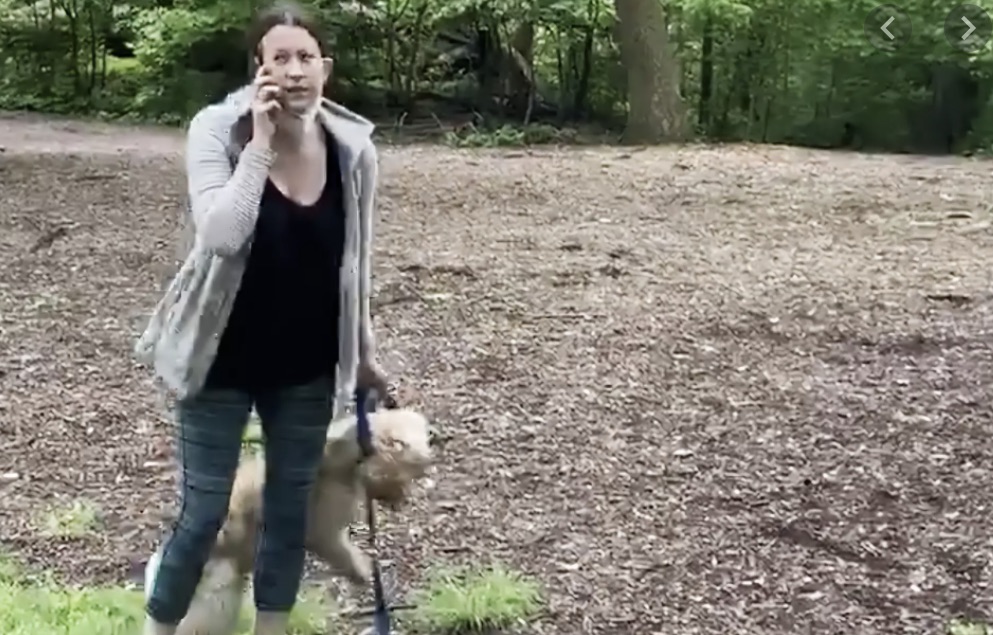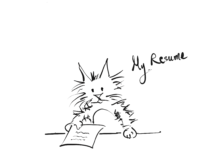 Amy Cooper lost her job. George Floyd lost his life.
Amy Cooper lost her job. George Floyd lost his life.
Both of these events are cause for reflection amongst students at UW, especially those amongst us who are white.
Now, if you’re unfamiliar with Central Park Karen – since identified as Amy Cooper – here’s a refresher.
About a month ago, she was approached by Christian Cooper (no relation), a Black man birdwatching in Central Park, in an attempt to get her to leash her dog, which was illegally running about. Amy then responded in hysterics, violently jerking her dog by the neck and calling the cops to claim that “an African-American man was threatening her life.” The incident was filmed by Christian, which has since resulted in widespread condemnation of Amy’s actions, and resulted in her firing from the prestigious investment management fund Franklin Templeton.
However, Amy was quick, not to wholly apologize, but to aggressively stipulate that she’s “not racist” and, is in fact, a liberal. More than that, she’s a well-educated Canadian liberal with an MBA from the prestigious Booth School of business, and most surprisingly, an undergrad from the University of Waterloo.
Amy Cooper made a big mistake by invoking race in her interaction with Christian Cooper. However, it clearly wasn’t a single mistake, but rather a symptom born from underlying biases.
And unlike the caricature of a Southern MAGA-hat wearing racist in the mind of arm-chair progressives masquerading as equity-seekers everywhere, Amy Cooper exposed something that many people, white liberals and otherwise, have long-repressed – we all have racial biases, and every White person has the capacity to be racist.
Amy Cooper’s case hit particularly close to home given her being a UW graduate.
Like most colleges, Waterloo is largely liberal. But as Amy Cooper’s case highlights, that doesn’t mean that students are absolved of racial biases, conscious or otherwise.
Ask yourself, how many Black professors have you had? How many Black administrators have you encountered? And if there are few, why is that?
Canada, although often-times juxtaposed with the U.S. as the innocent, kind, and polite North American sibling, is wrought with a similarly abhorrent history in its mistreatment of Japanese people, Indigenous People, Chinese people, Black people, and many other minority racial groups. And like in the United States, white people in Canada benefit from the legacy of abhorrent racial injustices.
Without action, these injustices eventually boil over in events like the horrible death of George Floyd, an unarmed man pinned by the knee of a police officer.
Amy Cooper highlights an inconvenient truth for many of us. It’s the White, back-patting “progressive” walking her dog in Central Park who says “they don’t see race” who is ultimately the greatest contributor to the perpetuation of contemporary racist institutions, not the racist white person in the KKK hood. For us White students walking the Waterloo campus, this should be a call to action. You should be angry. You should feel shameful. And you should feel guilt.
According to the psychologist Janet Helms, this is the second of six stages in white racial identity development: encounter or disintegration. When white people finally wake up in an actionable way; they feel anger that isn’t ephemeral, and guilt that is visceral. According to Helms’ theory, whites can either go into denial, convincing themselves that they aren’t racist or that they aren’t part of the problem, or even that there isn’t a problem. Or, they can leverage that guilt to make actionable change, both in themselves, and in their communities.
However, ensure this guilt is healthy – it should be used to keep focus on ending racism, whether in the form of behaviours or institutions, rather than simply ending feelings of guilt and shame. It isn’t about you. No Black person has any obligation to help you deconstruct your own biases. No Instagram post at an equality protest will invalidate them.
This guilt should empower us to take action, and ultimately see that small individual actions, when persistent and unified, can invoke great change.
We all have a responsibility to do better moving forward. Will you?
Resource with relevant petitions, readings, lectures, and more: found here































